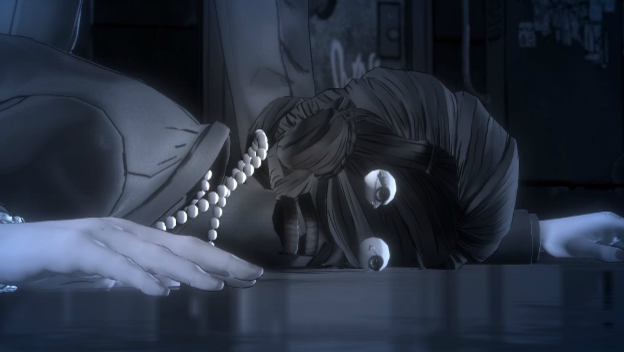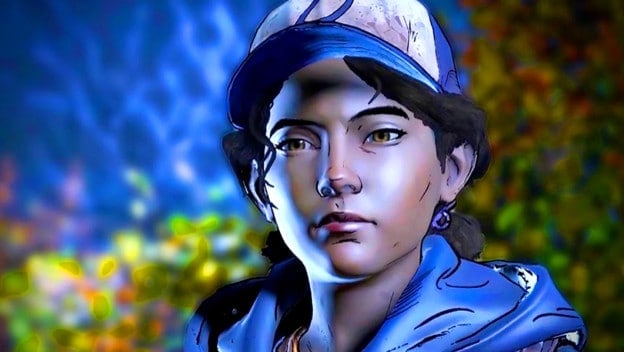It’s been more than four years since the first season of Telltale’s The Walking Dead captivated players and critics across the globe. Lauded for its powerful storytelling, nuanced characters, and unpredictable plot, it contributed to a renaissance of the adventure game genre. It was so popular that it prompted Telltale to continue developing games just like it. Year after year, they’ve wrung as much content as humanly possible out of their aging game engine… and they show no sign of stopping anytime soon.
We’ve seen the same basic structure used to tell stories in a variety of universes. Batman, The Wolf Among Us, Game of Thrones, Borderlands, Minecraft … the spread of franchises represented means that there’s bound to be a Telltale series appropriate for anyone. But after several years of the seeing what is essentially the same game with a different coat of paint, I can’t help but feel weary of the formula, no matter how many shocking twists they try to throw my way.
A fresh concept is fresh exactly once, and iteration on a great game can be a fantastic thing when those improvements are pronounced and measurable. In moving from Persona 3 to Persona 4 , for example, the developers at Atlus chose not to revamp the series’ formula, instead opting to add conveniences like fast travel and enhanced party control to a tried-and-true model. Yet with the upcoming Persona 5, their design philosophy has shifted accordingly to account for the different expectations of today’s market. Why can’t Telltale adopt the same mindset?
Part of the problem lies in the now-commonplace nature of their narrative shake-ups, but Telltale’s game mechanics and visuals are also wearing out their welcome. You can fully expect every episode of every game to have a handful of important decisions to make; they arrive like clockwork, complete with an end-of-episode breakdown of how other players reacted to the same situations. It’s interesting to know how other players are working through each story, sure, but when you can reliably predict exactly how many branches are coming in each episode, the proceedings become rote and predictable. Furthermore, they constantly employ the same camera tricks to make the action seem more sophisticated than it is. Telltale’s games aren’t exactly known for running smoothly, either; I’ve experienced crashes and other glitches across several games, yet most players seem content to continue buying them in spite of their technical hiccups.

It seems strange to me that more people haven’t voiced dissatisfaction with the Telltale adventure formula. It was novel when it showed us new possibilities for storytelling in our favorite medium, yet subsequent games have capitalized upon its initial success without bringing anything truly new to the table. I found The Walking Dead ‘s first season fascinating, its second season a little too familiar, and view the release of the third season with indifference. My enthusiasm has gradually faded as I’ve essentially played the same game over and over. While I’m confident that the third season of The Walking Dead will continue the series’ pedigree for quality – early reviews point to this being the case – I also hope it’s the developer’s last game for a while. Let us breathe, and come back in a year or so with something radically different.
